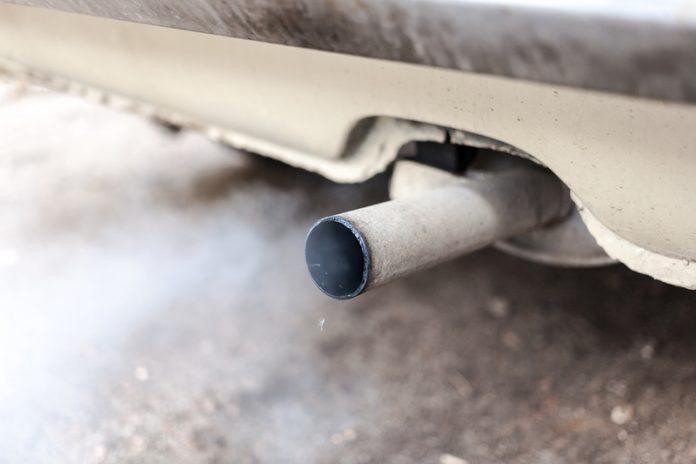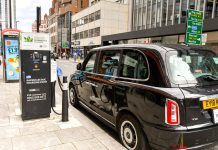MPs on the Environmental Audit Committee have called on the government to develop a clear strategy to meet air quality targets…
A new report from the Environmental Audit Committee calls upon the Department for Transport (DfT) to do more to meet air quality targets.
The report, ‘Sustainability in the Department for Transport’, said there needed to be more insight into the impact of transport projects on sustainability.
Chair of the Committee Mary Creagh warned failure to act by the government means sustainability targets will be missed: “The Government’s belated plan to tackle air quality means polluted towns and cities will hit 2010 air quality targets 10 years late, in 2020,” she said.
“Transport authorities throughout England told us they have had problems with getting sustainable transport projects off the ground, because the DfT places more importance on economic benefits rather than the health benefits of improving air quality.
“With the vote to leave the EU, there’s a material risk to our air quality targets. At the very least, the government should commit to keeping existing European air quality standards.
“We also want the Department to work with the Treasury, Health and Local Government Departments to ensure the benefits of clean air are properly costed in transport investment decisions.”
The committee, which is made up of 16 MPs, said the government also needed to “spell out more clearly and in more detail its commitments, timetable and progress on sustainable transport.”
The committee forecast in its report that the government will miss its target for ultra-low emission vehicles (ULEVs). This stipulated they by 2020 nine per cent of all new car and van sales should be low emission. This is necessary to meet the UK’s climate change targets in a cost-effective way. However, the committee said the DfT has no medium-term strategy in place to promote low emission vehicles post-2020.
Creagh said: “This failure risks making it more expensive to meet our long term carbon reduction targets.
“The Department should also aim for almost two thirds of new cars and vans to be ultra-low emission vehicles by 2030. With no strategy, we have no confidence that the DfT will meet this target.”
MPs said the DfT needs to do more to assess the overall impact of its projects on the environment. The EAC said while the department looks at individual projects it does not take into consideration the combined impact of all its projects and if this creates unacceptable environmental harm.
The report said the DfT has “an opportunity to act as an intermediary where transport issues intersect with the responsibilities of other departments.”
It added: “Air quality is an important example, where the transport sector contributes significantly to air pollution but Defra is the policy lead and other Departments, such as Health, Communities and Local Government and the Treasury have their own stake in the issue.”
A DfT spokesperson said: “We are committed to improving air quality and reducing vehicle emissions.
“We want almost all cars and vans to be zero emission by 2050 and are investing more than £600 million in this Parliament to support the manufacture, use and uptake of ultra-low emission vehicles.
“In addition, the government is creating Clean Air Zones in five city centres, electrifying the rail network which cuts emissions and supporting the development of sustainable biofuels.
“We welcome the Environmental Audit Committee’s report and will consider the recommendations and respond in due course.”











